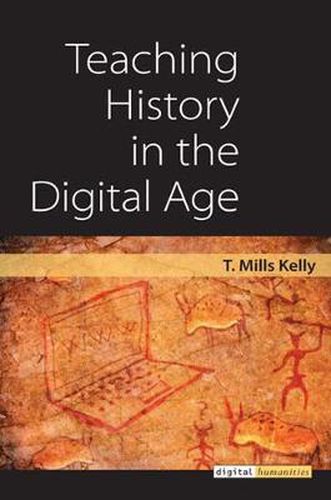Readings Newsletter
Become a Readings Member to make your shopping experience even easier.
Sign in or sign up for free!
You’re not far away from qualifying for FREE standard shipping within Australia
You’ve qualified for FREE standard shipping within Australia
The cart is loading…






Although many humanities scholars have been talking and writing about the transition to the digital age for more than a decade, only in the last few years have we seen a convergence of the factors that make this transition possible: the spread of sufficient infrastructure on campuses, the creation of truly massive databases of humanities content, and a generation of students that has never known a world without easy Internet access. Teaching History in the Digital Age serves as a guide for practitioners on how to fruitfully employ the transformative changes of digital media in the research, writing, and teaching of history. T. Mills Kelly synthesises more than two decades of research in digital history, offering practical advice on how to make best use of the results of this synthesis in the classroom and new ways of thinking about pedagogy in the digital humanities.
$9.00 standard shipping within Australia
FREE standard shipping within Australia for orders over $100.00
Express & International shipping calculated at checkout
Although many humanities scholars have been talking and writing about the transition to the digital age for more than a decade, only in the last few years have we seen a convergence of the factors that make this transition possible: the spread of sufficient infrastructure on campuses, the creation of truly massive databases of humanities content, and a generation of students that has never known a world without easy Internet access. Teaching History in the Digital Age serves as a guide for practitioners on how to fruitfully employ the transformative changes of digital media in the research, writing, and teaching of history. T. Mills Kelly synthesises more than two decades of research in digital history, offering practical advice on how to make best use of the results of this synthesis in the classroom and new ways of thinking about pedagogy in the digital humanities.